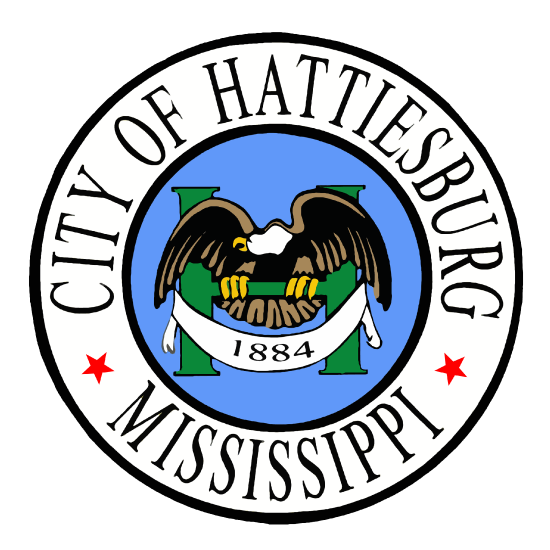Hattiesburg, Mississippi – On Tuesday, August 29, the City of Hattiesburg held its annual budget hearing in which the administration presented a $158.1 million budget recommendation for Fiscal Year 2024 to be reviewed by the Hattiesburg City Council.
“This budget recommendation continues to look at employee pay, specifically for our first responders, while conservatively planning for the future,” said Mayor Toby Barker.
Highlights of the budget include:
- Continued structural balance for the fourth consecutive year in the city’s general fund. This means that recurring expenses do not exceed recurring projected revenues. Of the $158.1 million budget, the General Fund is comprised of $63 million.
- No property tax increases. City millage remains at 53.13 mills for Fiscal Year 2024. The Hattiesburg Public School District millage does decrease. For property owners in the school district, taxes may be lower, depending on assessed value.
- Continued investment in paving and drainage. $2.9 million is allocated for neighborhood paving, and that does not include the bigger projects already underway.
- Accounts for large-scale infrastructure project grants through America Rescue Plan Act Funding and Mississippi Municipality and County Water Infrastructure (MCWI) Grant Program with more than $20 million allocated for infrastructure projects.
In addition to balanced budgeting practices with a focus on the City’s infrastructure, the budget will also address salaries and wages for personnel in several departments. Specifically, the Fiscal Year 2024 budget will address pay raises for the following:
- Raise starting salaries for firefighters from $32,000 to $40,000 per year, in addition to updating the pay scale giving additional pay for longevity, education and rank. It also provides a $1 per hour increase for fire inspectors.
- Raise the minimum wage for cemetery crew workers at $15 per hour, tree crew equipment operators at $18 per hour, sanitation crew workers at $14 per hour, court clerks at $14 per hour and mass transit drivers at $18.50 per hour.
- Code enforcement officers will receive a $1 per hour increase.
- Personnel in the Water & Sewer Department will receive a year of service increase.
These salary raises are in addition to the budget amendment from June 2023 to accommodate for an increase in starting pay for police officers (from $40,000 to $50,000, with additional pay for educational attainment and rank) and a raise in the minimum wage for sanitation drivers to $18 per hour (and a $2 per hour increase for all sanitation drivers).
Barker added, “While there is additional revenue from sales tax and ad valorem to help us continue addressing challenges with employee pay, the biggest challenge we will face from a financial point of view which directly affects our ability to continue to invest in our employees – has to do with the state’s Public Employee Retirement System.”
All city employees are enrolled in PERS as a part of its full-time benefits package. Currently, state agencies, cities, counties and school districts pay 17.4% into retirement for each employee.
On Tuesday, August 22, 2023, The PERS Board voted to lower its assumed rate of return because they don’t expect to make as much money through its investments. To make up for that loss in revenue, they also voted to increase employer contributions to 22.4%.
This equates to a 28% increase in the city’s retirement costs and if the city were to make up for it all at once, it totals about $1.5 million in contributions for the existing employees.
Barker concluded, “Thankfully, the PERS board voted to phase in the increase over three years beginning with July 2024. While we won’t have to budget for all of it right away, it is something we (cities, counties and school districts) have to keep our eyes on as we continue to budget for future growth and opportunities. Simply shifting the retirement costs to local governments and agencies could potentially hit budgets really hard and force some difficult decisions.”
After receiving the budget presentation, the council will have an opportunity to review all accompanying documents and will vote on a finalized budget during the September 5 meeting.
All municipalities must vote to approve the next fiscal year’s budget by September 15 to be in compliance of state statutes.
##


